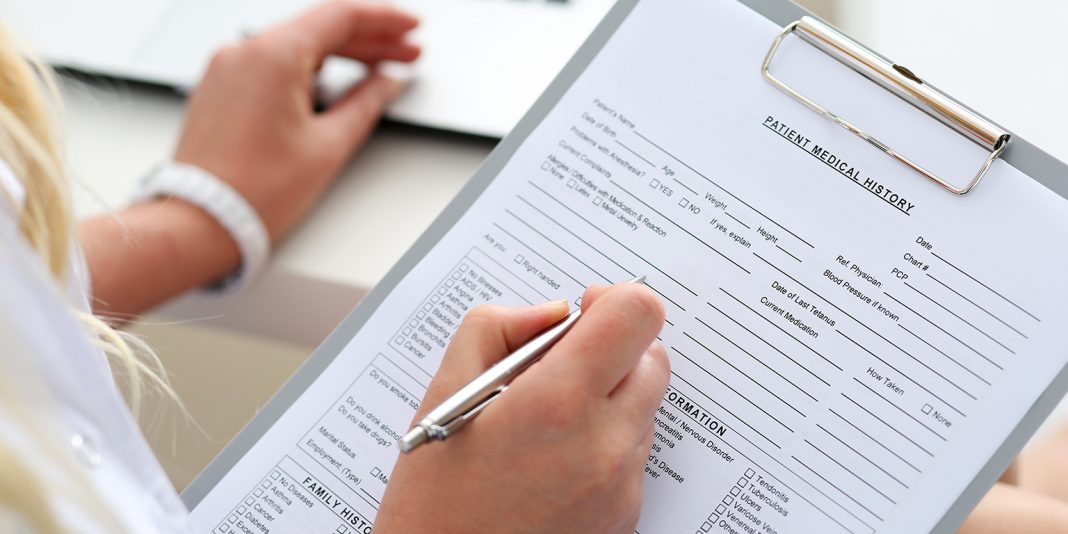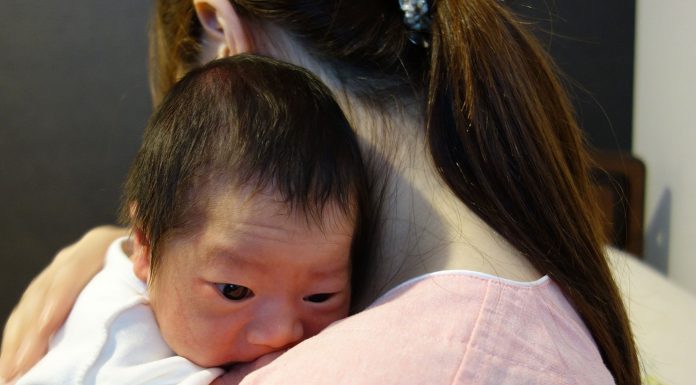NAME | Jenni Manuel
JOB TITLE | Nurse Case Manager, Early Intervention in Psychosis Service, Canterbury District Health Board
LOCATION | Totara House, Christchurch
5.35 AM
WAKE
The first alarm goes off, and after pushing snooze multiple times, I finally rise and push my husband out of bed. I get up and head straight to the gym, where I put my headphones on to avoid talking to anyone; I am not a morning person. Back home, I get ready for the day and grab some toast and tea for the car ride to work. Unfortunately, Totara House was badly damaged in the February earthquake, so we have been relocated twice. Currently, we are in a small cottage at the front of the Hillmorton Hospital site – across town from where we live in one of the badly affected streets in the east. Our house is significantly damaged (we are waiting on land tests to find out whether it needs to be rebuilt), but luckily, it is liveable, albeit draughty in the winter. So I bump to work down the broken roads of the east side and through the road works to the less affected part of town.
8.30 AM
START WORK
I’ve woken up properly now. I see that one of my clients has presented to Psychiatric Emergency Services over the weekend. He was returned home with the request for me to follow-up today. I will need to fit that into my diary. Time to make a quick cup of tea before settling into the morning MDT (multidisciplinary team) meeting. I bring my client up in the “hotspots” slot and discuss his presentation to emergency services.
I have been working in mental health since I graduated over seven years ago and love the autonomy I have in my practice. I entered the workforce through the DHB’s new graduate programme, which included a postgraduate certificate in health sciences. I have continued studying and recently completed my master’s thesis (with gratefully received funding from Te Pou).
Initially, I worked in inpatient wards but have been in my current community role for about four years. We work with people between the ages of 18 and 30 who have experienced a first episode of psychosis and follow them up for two years following the initial referral. This is an important time and requires intensive input to ensure better outcomes for the future. As a case manager, you are the first point of contact for a client and their family as you coordinate a person’s treatment. The role is broad and includes one-on-one intervention and education about their diagnosis to mental state assessment and community liaison. We have low caseload numbers, around fifteen, which means we can build sturdy relationships with people and really get to know them and their families. It is very rewarding seeing people gain an understanding of what has happened for them and realise they can recover and move on with their lives.
10.00 AM
CLIENT CALL
Following the meeting, I make a call to the client and arrange for a visit after lunch. I also get an opportunity to speak with his mother to find out how she thinks he’s been. Sounds like he’s been really struggling.
10.30 AM
ON THE ROAD
I am on the road to visit my first client of the day and travel through more road works and over badly damaged roads. Luckily, a lot of our clients live with family, but helping find housing for others has become a major difficulty. I greet my client’s mother at the door and ask her how she feels things are going and how she is managing. I suggest to the client that we go out walking, which is a good opportunity for him to get some exercise. He walks very slowly and is difficult to engage in conversation because of a depressed mood. We talk about some basic activity planning for the week and go over what he has been working on in his psychology appointments. I get a laugh out of him as he relaxes.
12.00 PM
CALLS AND GRABBED LUNCH
Back in the office again, and I return the calls that I have missed whilst out of the office. In the lounge, a group of clients are gathering for a mountain biking group, so I sit and chat with them for a short while and eat my lunch (I am secretly pleased it is not my turn to take the group out today).
12.30 PM
BACK ON THE ROAD
I’m in the car again. I meet with a client who is near the end of her time with our service. She is on her lunch break at work and has been doing well for a while now. We sit down by the river and chat about how far she has come and about the planned discharge back to the care of
her GP.
2.30 PM
CHANGE OF PLANS
Back at base, I realise I am running out of time, so have to postpone an appointment. I travel nearby to see the client of concern from the morning. I realise quickly that he has deteriorated because he appears distracted and is not as welcoming in manner. I call back to base and arrange for the psychiatrist to see him. We talk with him and his family and decide that he needs some time in respite for closer monitoring. I make arrangements for the respite and for additional support from the community intensive care team who will visit daily. This process and the relevant paperwork takes a while, and by the time, I have dropped him off and settled him in, it is close to five. I sit down to do some quick notes and leave work around half-past five.
6.00 PM
HOME
Finally home. I light the fire, take the dog for a walk, and then prepare dinner. My husband arrives home from rugby training and we flop down in front of the TV for a couple of hours.
10.00 PM
LIGHTS OUT
Time for sleep before it all starts again.






















